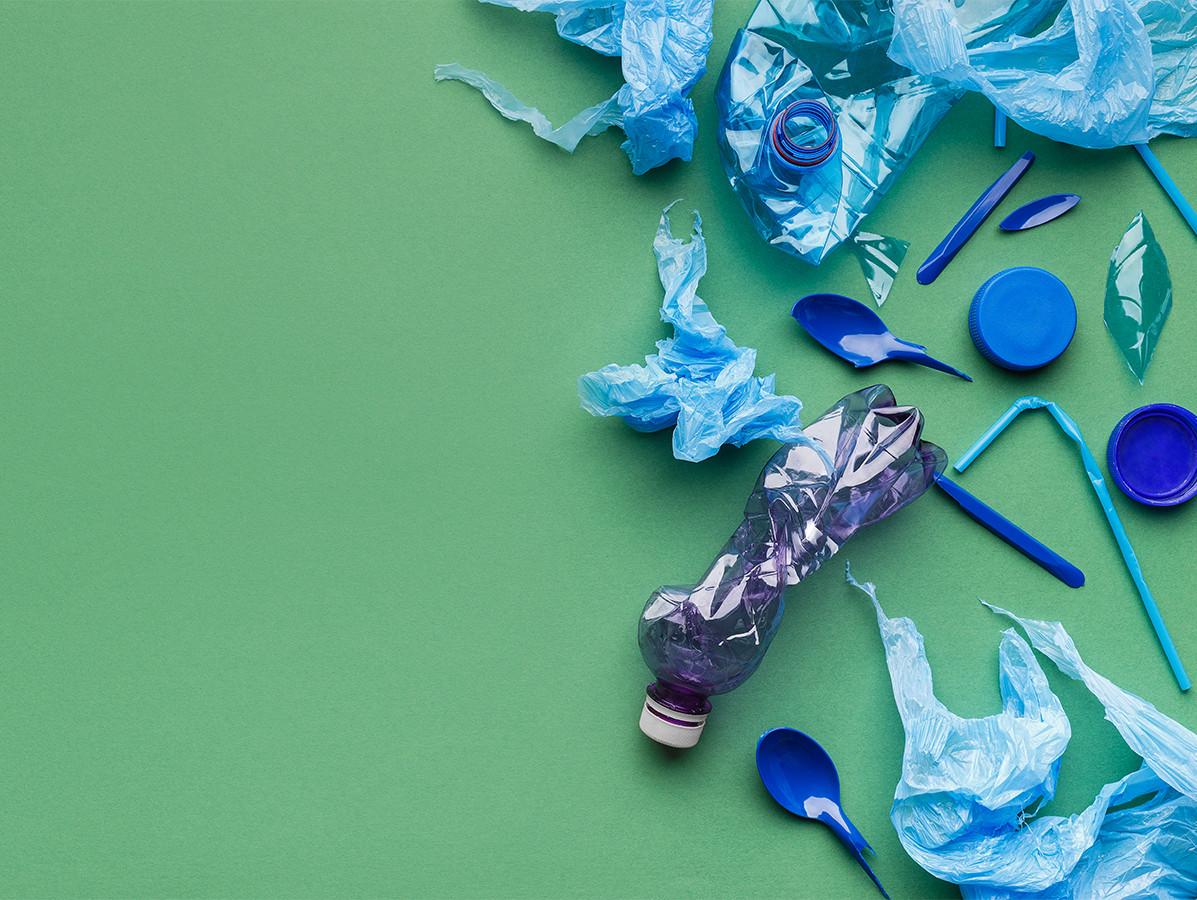
As of 3 July 2021, disposable plastic items such as straws, cutlery and plates will be banned in the EU. These are products that are most likely to end up in the environment and for which there are affordable alternatives. Representatives of the European Commission, the European Parliament and the EU countries already reached agreement in principle on this in December 2018.
The directive also bans food and drink packaging made from polystyrene foam, stirring sticks and cotton buds and, among other things, thin plastic bags. Manufacturers of filters for cigarettes, balloons and certain food and drink packaging will also have to pay for the disposal of the litter they produce. According to the European Commission, 70% of the plastic soup consists of these products.
By 2029, we need to collect 9 out of 10 plastic bottles separately. In addition, 1 in 3 bottles must be produced from recycled plastic by 2030.
Ultimately, the ban will have a major impact on private individuals. In particular, however, the packaging industry and producers of plastic products will have to look for other and more sustainable alternatives. The European Commission estimates that consumers will save €6.5 billion as a result of the measures. This is based on recycling and making products more sustainable. The ban will also reduce CO2 emissions by 3.4 million tonnes.
In addition to the ban on disposable plastic, there will be a deposit system for small plastic drinking bottles to prevent additional roaming. There will be a deposit of 15 cents on bottles of less than 1 litre.
Source: Kamer van Koophandel